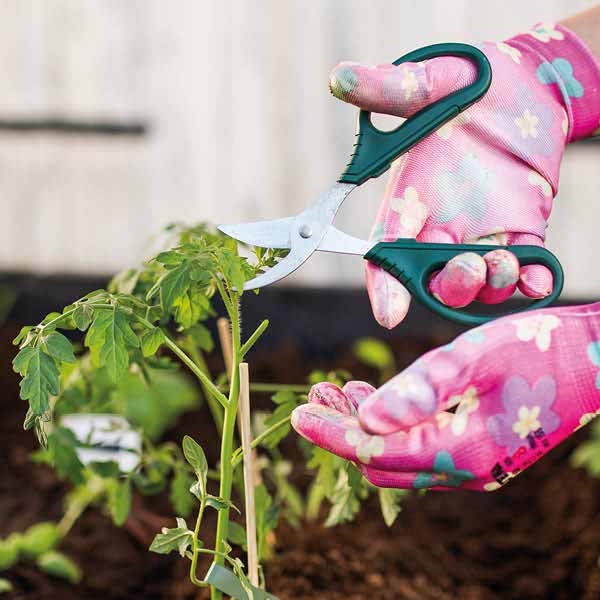Grow Box – a miniature garden patch
Design your cultivation box
Our grow boxes are available in two sizes: 60 x 80 cm and 120 x 80 cm. They are made of spruce and are available both untreated and painted black. The number of pallet collars needed for your grow box depends on what you want to grow. Lettuce, for example, has a small root system, so one pallet collar is adequate. But if you want to grow potatoes or carrots, the roots of which require more space, you will need two or three pallet collars.
Grow boxes can be placed almost anywhere, as long as the surface is reasonably flat. Cover the bottom of the box with ground fabric, wet newspapers or cardboard. Make sure that the material covers the bottom all the way out to the edges, and preferably a little bit up onto the inner walls of the pallet collar. If you have leaves over from last season, you can put these in the bottom before filling with soil.
More cultivation boxes and accessories
Choose the right crop
The great thing about grow boxes is that you can grow almost anything in them. Berry bushes or rhubarb work just as well as parsley or lettuce. If you’re a novice at cultivation, it can be fun to start with something that germinates quickly and does not require too much time and care. Potatoes are easy to grow and, depending on the variety, can be harvested as early as eight to twelve weeks after planting. Herbs are also easy to grow and perfect for growing near the kitchen, so your dinners can always be topped with fresh thyme, dill or basil. Leafy greens, such as rocket, spinach and lettuce, are also ideal for grow boxes. You can harvest these all summer long and well into autumn.
Careful watering
Once the crop has begun to grow, it needs plenty of water that reaches all the way down to the root system. Be careful when watering the plants, and be sure to always use a spray nozzle or drip hose.



